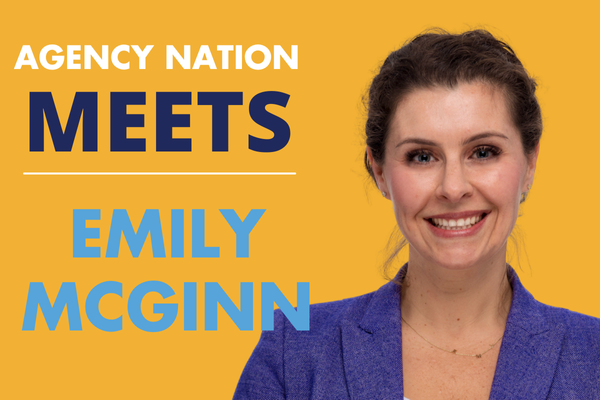3 Strategies to Win Customer Trust in a Hard Market

By Paul Measley
In the current insurance landscape, independent agents are navigating one of the toughest cycles in recent memory, marked by rising premiums and limited coverage options. This challenging market—driven by unpredictable factors, such as inflation and extreme weather claims—has left many policyholders confused and distrustful about the value of their coverage.
Despite these challenges, independent agents have a unique opportunity to reshape the narrative. Unlike large insurers, they maintain direct relationships with clients and their communities, enabling them to offer personalized support that builds trust.
To build trust during the hard market, agents should focus on these three strategies:
1) Meet customers on their preferred channels. In today’s digital world, consumers expect seamless communication across various platforms. Agents who incorporate digital tools—such as automated texting, app-based interactions and accessible portals—can connect with customers more effectively by being available on customer-preferred platforms.
Today’s consumers expect personalized, on-demand experiences.
Over 80% of consumers prefer texting with their insurance agents, believing it fosters closer bonds, according to a survey by communication platform Hi Marley. Reaching customers where they feel most comfortable can help improve customer satisfaction ratings and decrease calls and voicemails.
Partnering with the right insurers can also provide agents with a range of tools to improve digital communication. For example, digital interactions allow adjusters to shorten claims resolution times and, when needed, initiate communication with customers through their preferred methods.
2) Maintain a human touch amid technological advances. Even with the increased use of technology to enhance customer experience, agents are still the highest-rated channel when it comes to customer satisfaction in insurance, with 20% of customers reporting that they would likely switch insurance carriers if their agent left, according to McKinsey. This is a testament to the trust and reassurance agents provide—qualities that are particularly valuable in a hard market.
More on client communication
By combining technology with human insight, independent agents can create a balanced experience. Customer relationship management (CRM) platforms and automation streamline processes while allowing agents to maintain strong customer connections. When agents offer instant quotes and real-time assessments without losing personal interaction, they become trusted partners, empowering clients to navigate the complexities of managing and selecting their insurance policies.
3) Educate and empower policyholders. In a hard market, customers often struggle to understand premium increases and changes in coverage. Agents are not only insurance experts, they’re also members of the local community who understand the importance of educating their neighbors on policy changes. They aim to provide localized services and play a vital role in clarifying complexities, explaining the factors behind rate adjustments and how external conditions impact coverage options.
By approaching these conversations with empathy, transparency and professionalism, agents can build trust. Simplifying insurance jargon also makes it easier for policyholders to understand and feel comfortable. This focus on education demystifies the market and fosters lasting client relationships based on clarity and respect.
Today’s consumers expect personalized, on-demand experiences. Independent agents are uniquely positioned to meet this expectation by combining innovative technology with authentic service. By emphasizing accessibility, fostering human connections and ensuring transparency, agents can transform how customers perceive value in insurance, guiding them through a challenging and evolving market.
Paul Measley is chief claims officer at Plymouth Rock Assurance.









